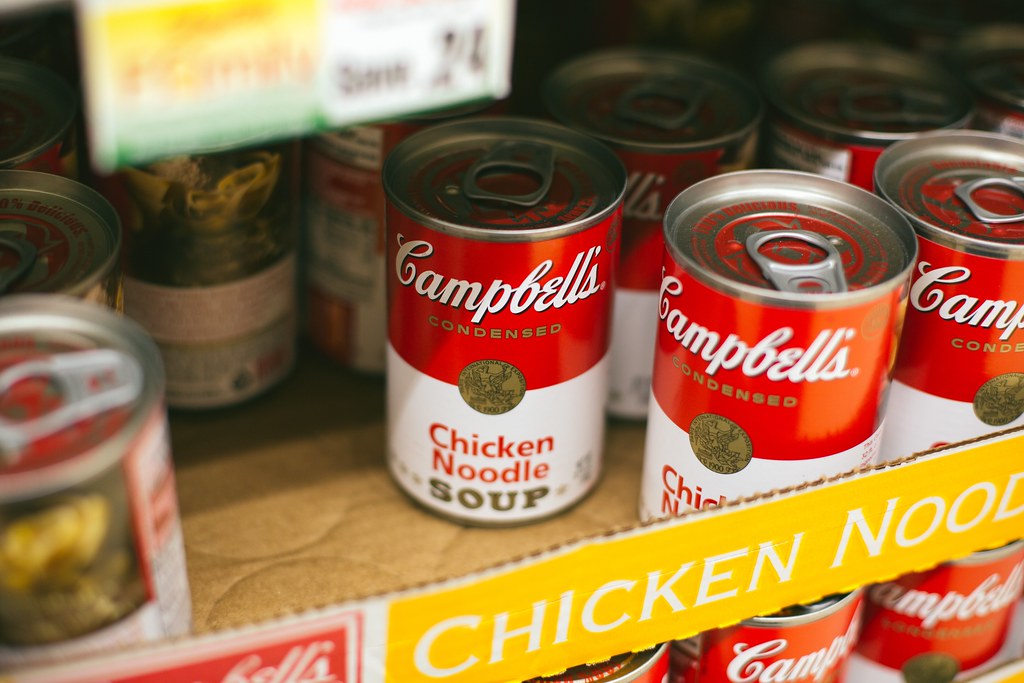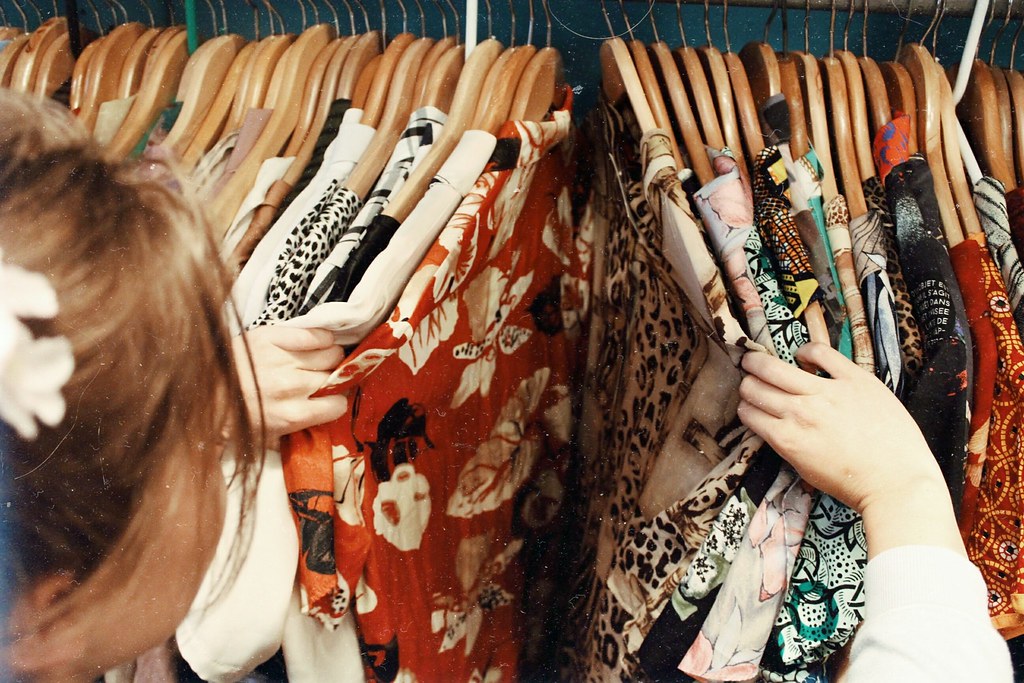There are currently 170,000 people homeless in London.
Over the last ten years, a succession of drastic cuts means rough sleeping in the UK has increased 165% since 2010. By the end of this year, there will be more vulnerable people sleeping on England’s streets than ever before – an estimated 9,000.
Yet homelessness is not just sleeping rough. You can be homeless if you’ve been evicted; if you’re sofa-surfing; if you’re escaping a problematic or abusive relationship; if you’re a refugee. In fact, at this moment:
- There are 14.3 million people are living in poverty in the UK. (Source)
- Nearly 1 million young children will go without central heating or fresh food this Christmas. (Source)
- 1.2 million people in the UK use food banks. (Source)
That’s a hell of a lot of people relying on services like food banks, hostels, night shelters, donated clothing, housing associations and charitable organisations for help.
Maintaining homeless services in the UK is absolutely vital. There’s simply no way around it. Yet the Conservative party victory in the UK’s general election on December 13th 2019 means five years under a government which has repeatedly slashed funding to public services.
Just remember every single one of you is closer to using a food bank than you will ever be to having a billion quid.
— mil (@milupton) December 11, 2019
What can you do to help the homeless?
Many of us are scared about what the future holds for the UK after a decade of austerity – but there also seems to be a collective realisation occurring that now’s the time to support each other through what’s next.
The fact that you clicked on this article means you’re probably looking to be part of that support system. To help the homeless and vulnerable, you can start with the following ways:
You can donate your money.
Set up a direct debit to a chosen charity each month, or pool your spare change for a one-off donation. Whatever you choose, your money will be appreciated.
You can volunteer your time.
Sign up to a weekly shift at your local night shelter, do occasional shifts at the nearest food bank, or volunteer at Crisis at Christmas every December to get a first-hand perspective of the homelessness crisis in the UK.
You can utilise your skills.
Specific help is often needed in charity organisations. Offer your skills in social media, IT, legal experience, CV writing, and healthcare.
You can be knowledgeable.
Read widely about the issues affecting homeless people in the news.
You can voice your support.
Talk to your work colleagues, share information on social media, get involved in fundraising and campaigning drives.
And you can talk to those who are homeless.
For many people, it doesn’t seem to come naturally to say hello, to smile or even to make eye contact with someone sitting on the pavement. Get over your awkwardness. Make connections – ask how their day’s going, or if they want something from the nearby shop. Ask their name. It’s really not that difficult.
In an effort to help your volunteering and donating process easier, I’ve compiled all the resources I can find about organisations which help the homeless. Most are London-based but many of them have branches in the rest of the UK.
If you have any suggestions, please leave them in the comments and I’ll add them into the article.
Donate to / volunteer at food banks
The use of foodbanks in the UK has risen steeply due to Conservative party policies – over 23% in the last year alone – and in the days following the general election, food banks reported a huge spike in donations.
There are over 2,000 foodbanks in the UK. The Trussell Trust is the UK’s biggest foodbank charity. They run a network of food banks across the UK which provide emergency support and food parcels to those in crisis. (Find the Trussell Trust online via their main website, Facebook, Instagram and Twitter.) There are also many independent food banks across the country which aren’t affiliated with Trussell Trust (have a look here).
Aside from financial donations, food banks obviously require food donations to operate. There are three main way to donate food:
- Make direct donations to your local food bank (check The Trussell Trust’s network here)
- Leave food donations at collection points in supermarkets like Sainsburys and Tesco (there’s usually a ‘food bank’ trolley just past the cash registers)
- Hosting collections and food drives at your local school, church, or office
It’s also worth getting in touch with your local food bank first to find out what they’re lacking. Suggested foodstuffs often include tinned meat/fish, tinned pulses, tinned tomatoes, soup, tea and coffee, sugar, fruit juice, cereals, rice and pasta.
Volunteer with your local food bank
I googled ‘foodbank near me’ and found that my local foodbank is operated by an organisation called Pecan. They offer introductory sessions, so after I filled out the online form I was invited to a local church hall where they explained the volunteer roles on offer: helping at weekend collections in supermarkets; helping out at fundraising and charity events; restocking shelves and sorting donated items in the warehouse; welcoming clients to the food bank.
NB: there’s an app called ‘Foodbank’ which has been doing the rounds on Twitter – but according to multiple sources it’s run by a newly-elected Conservative MP and charges food banks £180 to include a shopping list of items they’re in need of. As a result of this app’s attempt to profit from food poverty, I’d highly recommend not downloading it, and doing your own research and getting in touch with your local food banks directly instead.
Donate to hygiene banks
Hygiene banks are a real necessity, but they’re often woefully overlooked. In the same vein as food banks, they provide essential personal care and beauty items to rough sleepers and vulnerable people in an attempt to tackle hygiene poverty – because being clean shouldn’t be a luxury.
Call-outs for donations usually include hairbrushes, nail clippers, toothbrushes, baby wipes, tampons and sanitary towels.
The Hygiene Bank
The Hygiene Bank is a national charity which recognises the trauma and anxiety caused by not having access to essential hygiene products. They provide toiletries, beauty, grooming and hygiene essentials to people who can’t afford them, via charity partners across the UK.
Find The Hygiene Bank online via their main website, Facebook, Instagram and Twitter.
Beauty Banks
Started by journalist Sali Hughes, ‘Beauty Banks’ is a non-profit which collects, re-packages and distributes parcels to registered foodbanks and shelters who ensure donations get to those who need them.
You can read more from founder Sali Hughes here.
Find Beauty Banks online via their main website, Facebook and Instagram.
Volunteer with food outreach organisations
Soup kitchens and food outreach organisations have long been a part of London’s history, offering hot, freshly prepared meals to people in need.
These organisations are usually looking for food donations, monetary donations and volunteers to cook, clean, serve food, and collect surplus food from donation points. Many ask for a regular volunteering commitment but there are usually some working on a shift-by-shift basis.
There’s an extensive list of all food distribution organisations and their operating times on the London Homeless site here.
Find your local soup kitchen
I googled “soup kitchen near me’ and quickly discovered Foodcycle, an organisation which combines surplus food and available kitchen spaces to prepare three-course meals for the local community.
There were a few different shifts available – either as a kitchen volunteer, a meet and greeter, or someone willing to drive around the area and collect donated food. As I don’t have a car I signed up for the former and arrived at a church hall on a Wednesday afternoon. Over the next hour, a dozen volunteers and I looked through the day’s donated ingredients (an assortment of pasta, potatoes and vegetables, crates of bananas and pears, along with an absolute ton of day-old bread) and set to work preparing a meal for around thirty people.
FoodCycle operates across the UK in 39 different locations and currently feeds over 1,400 people a week using surplus food. You can sign up for one-off shifts so it’s a great way to dip your toe into volunteering.
Find FoodCycle online via their main website, Facebook, Instagram and Twitter.
Streets Kitchen
Streets Kitchen is a grassroots group providing daily outreaches of food, clothes and information. They currently run ten outreach events each week, primarily in places like Clapham, Hackney and Camden. Check the locations here – each ‘Streets Kitchen’ has its own Facebook group too.
They’re also responsible for ‘Streets Fest’, a free festival for the homeless, which launched in September 2018 in Harringay.
Find Streets Kitchen online via their main website, Facebook, Instagram and Twitter.
The Sock Mob
The Sock Mob are perhaps the easiest to get involved with. Each fortnight, they send out groups in areas like King’s Cross, Victoria, and Charing Cross Road, and chat to people sleeping rough – using pairs of socks, gloves, thermal layers as conversation starters.
I’ve attended a number of Sock Mob evenings, and it’s really simple. Just sign up to that evening’s event on Meetup.com and arrive at the pre-arranged spot to meet the rest of the group.
NB: After researching their channels, I’m not sure if Sock Mob is currently running. Any further info on this would be appreciated!
Find Sock Mob online via their main website, Facebook, and Twitter.
Brixton Soup Kitchen
This community space in South London is for homeless people or those in desperate need. The Brixton Soup Kitchen aspires to provide food, drink and companionship, and runs every weekday from 10am to 2pm. They’re always looking for donations and volunteers.
Find Brixton Soup Kitchen online via their main website, Instagram and Twitter.
Refugee Kitchen
Refugee Community Kitchen serves hot, nourishing meals to displaced people in the UK and France. I met these guys when I volunteered at the refugee camps in Calais and their tireless efforts in the kitchen were nothing short of incredible.
The charity often works in conjunction with Streets Kitchen and are usually found outside Camden Town Tube Station between 7.30pm – 9.00pm on Wednesday and Sunday evenings. Help is always needed to serve meals and to chat to the clients!
Find The Refugee Kitchen online via their main website, Facebook and Twitter.
Volunteer with a homeless charity
There are a number of ‘big name’ homeless charities in the UK. All these homeless charities have a range of voluntary roles on offer, both client-facing and non-client-facing.
They can include:
- accommodation-based support
- first response
- in the community
- mental health
- physical support
- services support
- skills and employment
- youth services
- fundraising
The bigger charities like Crisis and Shelter also have dedicated charity shops on the high street — if you shop there you’re actively making donations to these charities. You can also volunteer to work a couple of shifts a week or each month.
Crisis
Crisis is the national charity for homeless people. They’re always looking for donations but their biggest volunteering push is during the Christmas week (23rd-29th December), when volunteer centres are open in Edinburgh, London, Oxford, Birmingham, Newcastle, Coventry and South Wales. As a long-term volunteer I can highly recommend doing this!
There are other volunteer opportunities throughout the year too – particularly at Crisis retail shops and the Crisis Skylight centres.
Find Crisis online via their main website, Facebook, Instagram and Twitter. You can also read about my experiences volunteering with Crisis at Christmas here.
St Mungos
St Mungos are the most forward-facing of UK homeless charities, sending out seventeen outreach teams each night to speak to rough sleepers and help them. St Mungos have plenty of volunteering opportunities, namely with projects in London, Bath, Brighton, Bristol, Oxford and Reading.
Find St Mungos online via their main website, Facebook, Instagram and Twitter.
Centrepoint
Centrepoint is the country’s leading youth homelessness charity which supports more than 9,200 young people aged 16-25 in London, Manchester, Yorkshire and the North East of England. It also provides more than 1,000 bed spaces for young people from the 60 accommodation services it runs in Sunderland, Bradford, Manchester, Barnsley and 14 boroughs in London.
Centrepoint also hold ‘sleep out’ events each year to raise awareness and vital funds – and these events need both participants and volunteers. Find out where and when here.
Find Centrepoint online via their main website, Facebook, Instagram and Twitter.
Shelter
Shelter helps people in housing need by providing advice and practical assistance, and fights for better investment in housing and for laws and policies to improve the lives of homeless and badly housed people.
Volunteering with Shelter can be at their fundraising events, in one of their shops or in various roles at their offices throughout the country.
Find Shelter online via their main website, Facebook, Instagram and Twitter.
Nightstop
Nightstop provides emergency overnight accommodation for young homeless people who are facing a night on the streets or sleeping in an unsafe place. Communities and charities run Nightstops in more than 31 locations around the UK, led and supported by the Nightstop team at Depaul UK.
You can volunteer to become a host, and offer your spare room to someone at risk of homelessness. You can also volunteer as a driver or a chaperone to accompany a young person to their accommodation for the night.
Find Nightstop online via their main website and Twitter.
Volunteer at a night shelter
Volunteering at a night shelter is a really rewarding thing to do. You’ll probably be asked to commit to a weekly, biweekly or monthly shift for a set amount of time (i.e. six months) so it’s a good role for someone who has a regular schedule.
You can read much more about London’s winter night shelters here, and check out these night shelters which are looking for volunteers:
- Shelter From the Storm. This is a completely free emergency night shelter in Islington, North London, providing bed, dinner and breakfast for 38 homeless people every night of the year.
- Hackney Winter Night Shelter. Based in Lower Clapton, East London, this shelter is particularly in need of overnight volunteers.
- The Connection in St Martins In The Fields. They operate a day shelter and a night shelter in central London – the latter can accommodate 75-80 homeless people each night. They also require a six month commitment from volunteers.
- Glass Door. They run various overnight shelters in Southwest London from November to April, providing beds for about 170 people each night.
- The Passage. Based in Southwest London, The Passage is a long running resource charity for vulnerable people. They primarily operate as a day centre, but they also run a 40 bed hostel and 16 self-contained studio flats for long-term rough sleepers. There are usually plenty of short volunteering shifts available – anything from driving and reception work to helping in the kitchen.
- Robes. They operate a winter shelter which offers beds in a range of locations around London from November to April. Have a look at which shelters are looking for volunteers here.
Other ways to help the homeless
There are plenty of other ways in which you can help the homeless in daily life.
SWEP (the Severe Weather Emergency Protocol)
There’s a nation-wide policy in the UK known as SWEP (the Severe Weather Emergency Protocol) which is activated when nighttime temperatures drop below zero for three nights in a row. At this time, all local councils are obligated to provide emergency accommodation for rough sleepers.
You can keep track of when SWEP is activated on Twitter here – and if you think someone on the street isn’t aware of what SWEP means for them, either have a chat with them or get in touch with Streetlink.
Streetlink
Streetlink is a website, mobile app and phone line which enables the public to alert Local Authorities about people sleeping rough in England and Wales. If you see someone sleeping rough, it offers you a way to act and hopefully help connect them to local services and support available to them.
Other unique ways to help the homeless in London include:
Other tips:
Follow all of these organisations on social media. I’ve left the relevant links to Facebook, Twitter and Instagram accounts for each. Keep up to date on what they’re doing, when they need help. Share that info with the people you know.
Make noise. Every time you donate your time or your money, email your MP to tell them what you’re doing independently to combat homelessness and food poverty. Ask them what they’re planning to do to eliminate these crucial
Start small. Smile and say hello to the people you see sitting on the pavement. Buy a Big Issue. Ask someone on the street if they’d like you to buy them some food from the local shop.
Remember – you don’t need to be part of an organisation to make a difference. You just need to care about other people.
To search for homelessness services across England, please use the search tool provided by homeless.org – they’re the national charity for homeless organisations, and they campaign for policy changes to help end homelessness.
NB: All images in this article are sourced from Unsplash.












No Comments